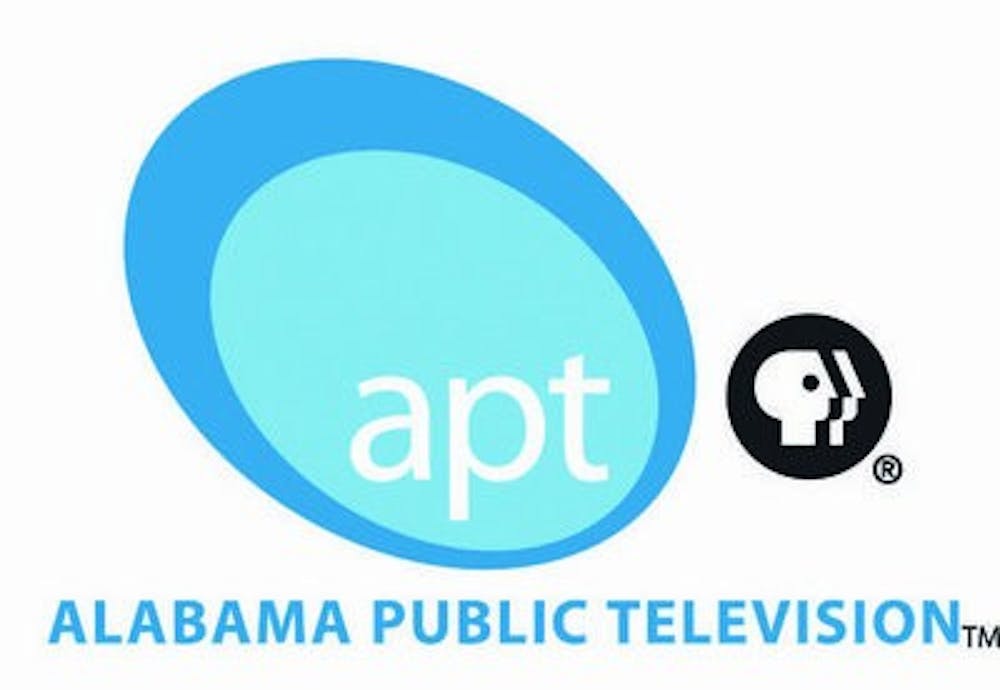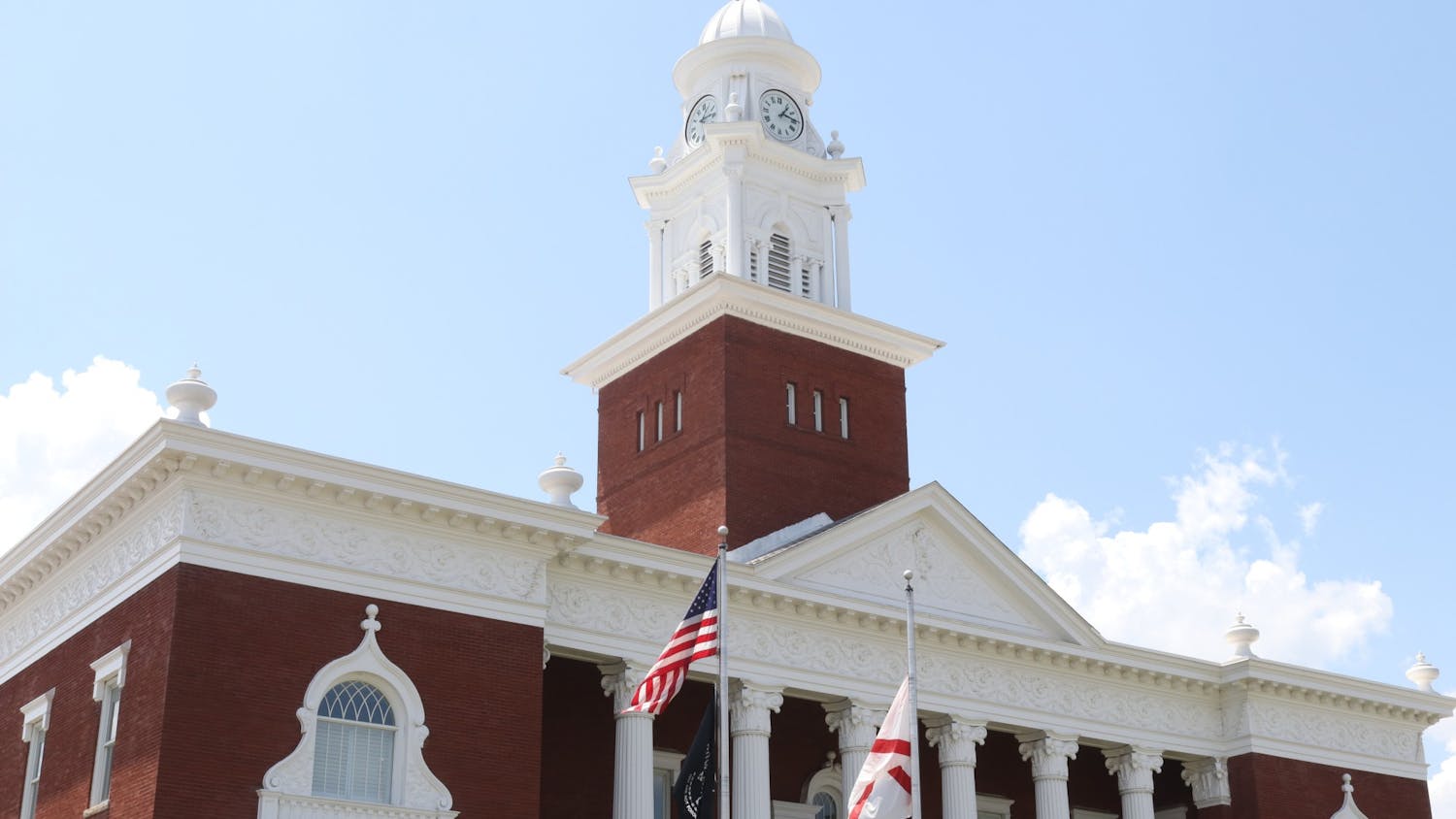Longtime Alabama Public Television (APT) executive Allan Pizzato and his deputy and C.F.O. Pauline Howland entered a routine board meeting on June 12 with their jobs, and left without them. They were dismissed by the Alabama Educational Television Commission (AETC), which governs the APT, after a brief "executive session" within the meeting, for what is increasingly looking like a move by the Governor-appointed commission to try to influence the publically chartered network's programming.
The executive session was called by Commissioner Rodney Herring, an Opelika chiropractor, to discuss and review Pizzato's "general reputation, character and job performance." An hour later, the seven commissioners came back to announce that they had fired Pizzato and Howland by a 5-2 vote.
The firings unleashed a flood of unintended consequences that included a mass resignation of leaders from APT's fundraising foundations, as well as Howland's being reinstated on a temporary basis after commissioners found they needed her expertise to work on APT's 2013 budget. The dismissals came as a sudden surprise for a number of reasons, not the least of which being Pizzato was named 2011 non-profit CEO of the Year by the Birmingham Business Journal.
APT has named as interim executive director Don Boomershine, who is a retired businessman with no prior broadcast management experience.
In a brief interview (his only one since the firings) with public media news outlet Current shortly after losing his job, Pizzato declined to discuss details of his departure. "All I can say is that it was an irreconcilable difference in opinion of the future direction of the station," he said. "I serve at the pleasure of the board. They want to take it in a different direction, and that's up to them."
The following Thursday was when reports widely broke about the firings and they were immediately tied to a point of contention from the previous commission meeting on March 20. Outrage flowed from APT fans across the state and public media watchdogs nationwide, many commenting on APT's Facebook page and scrambling for answers.
Herring had, prior to the meeting, requested Pizzato's opinion on a series of videos that he liked and thought should be shown on APT. In the meeting's hours (provided for both meetings by Paula Drinkard), Herring spoke about how "Allan had voiced his concerns with airing the program after receiving an opinion from attorney Todd Gray stating that the program violated FCC regulations."
A legal memo sent to Pizzato shows the Washington law firm Dow Lohnes attorney's discomfort with the AETC influencing programming on the network. "I believe there is a systemic risk to AETC and its public broadcasting mission if specific programming decisions come to be made by the Commissioners," wrote Gray in May.
The federal Communications Act says "AETC, as the governing board of an FCC licensee, is obliged to exercise control over the station's programming," Gray writes. "At the same time, the State of Alabama and its officials are prohibited from interfering with the free speech rights of any person or institution of the press."
Gray finishes the four page memo by saying that a state "can establish and provide funding to support a speech activity such as public broadcasting, but if the activity is to pass First Amendment muster, editorial control must be delegated to persons who function outside of the political process."
A source close to the situation said Pizzato had "grave concerns" about the series. Pizzato only told the Plainsman "I have already made my public statement so, no comment."
Commissioner J. Holland, a conservative radio host from Gadsden, said Pizzato felt the programming was "inappropriate for public broadcasting because of its religious nature" but that he felt the change was "a positive one."
Herring told the Associated Press that the material "is appropriate for public television, according to the attorneys we have consulted," also saying that there would be no change in programming on the station for "two or three months."
At least seven of the sixteen members of the three main foundations that assist APT in fundraising have left. One of the foundation members who quit, chairman Joe Mays, had served with the authority for about twenty years.
"I quit because I thought it was time for me to go do something else," said Mays, a Birmingham attorney. "It was a personal decision."
The program in question is the "American Heritage Series" by WallBuilders, LLC and its founder, evangelical activist David Barton. Barton is widely known in conservative evangelical and academic historian circles alike, though for differing reasons.
Many on the religious right admire Barton for his strong convictions and willingness to fight what they consider a liberal bias in media and public schools. He is respected for how he approaches every question or topic he is researching by putting no fact or study above the Bible.
Barton received two Angel Awards (awarded to "people in any form of the media who have successfully contributed to the advancement of quality in life without the unnecessary need for violence, profanity and sexual content to sell to their audience").
He has been praised by conservative politicians like Georgia's former U.S. speaker Newt Gingrich, Minnesota Rep. Michele Bachmann and Governor Sam Brownback of Kansas. "I never listen to David Barton without learning a whole lot of new things," Gingrich said, while promoting one of Barton's works on the Founders. "It's amazing how much he knows and how consistently he applies that knowledge."
Former Republican presidential hopeful Mike Huckabee, a man who has held many positions such as Baptist minister, Arkansas governor and now a television and radio host, told the Rediscover God in America Conference in March 2011, "I don't know of anyone who is a more effective communicator in our country... I almost wish that there would be like a simultaneous telecast and all Americans would be forced -forced, at gun point no less - to listen to every David Barton message," he said. "And I think our country would be better for it. I wish it'd happen," he told the applauding crowd in Iowa.
Huckabee was notably questioned by the Daily Show's John Stewart about his speech supporting Barton and talked about how well documented and backed up his books, quotes, and talks are, something Secular Coalition for Alabama chair and director Charles Miller strongly disagreed with.
"Some of the worst kind of propaganda... Lying about what the founders say is foolish," Miller said.
To many like Miller who are involved in trying to maintain a separation in government and religion, as well as those in academia, Barton, self-described as an "expert" in history and the Constitution, and his work draw little support. He is known as a historical reconstructionist.
"When I hear 'David Barton', certain things come to mind," Miller said, most of them not being flattering. Of his film series and books, Miller said they "have no educational value whatsoever unless examined on a critical basis." Before adding, "Actually, I can't even say it has no educational value, I think it has negative value," he said. "It's not appropriate for APT to air in an uncritical manner based on his background (or lack of one) in history."
One of the first things his critics point to is his scholastic record. He received not a history or law degree, but a B.A. degree in religious education from Oral Roberts University.
A glance at websites of organizations he is related to show why they have such a problem with his lack of formal education on these topics. He founded and operates WallBuilders, an organization that spreads "America's forgotten history and heroes, with an emphasis on the moral, religious, and constitutional foundation on which America was built."
He was founder of Specialty Research Associates, a group dedicated to "historical research of issues relating to America's constitutional, moral, and religious heritage." He has also served as Vice Chairman of the Texas Republican Party and as an outreach consultant for the Republican National Committee as a recruiter for support from evangelical Christians. Barton is a lecturer for conservative TV and radio host Glenn Beck's online college, Beck University.
Barton last year helped promote a theory that holds that the Muslim Brotherhood has infiltrated top levels of American law enforcement and is planning to destroy America from within.
Though Barton admits Islam is protected by the First Amendment, he has argued that the Bill of Rights does protect polytheistic religions (i.e. Hinduism), and that atheists should not be allowed to hold office or testify in court.
Commissioners at the June 12 meeting also decided to change APT's mission and diversity statement to reflect what they appear to want to be a workplace with less inclusivity than it previously strived for. They completed removed "APT believes that diversity considerations are much broader than race and gender. Diversity also includes disability, religious belief, age, culture, sexual orientation, physicality, education, and socioeconomic status. Embracing diversity is important for every member of the organization."
They replaced it with a briefer statement that talks less about learning and diversity and more about "a strong work ethic" (mentioned multiple times) and promoting Alabama to the world as a place ready for business investment.
Herring reportedly had a problem with striving for diversity being mentioned, particularly the sexual orientation mention in the prior statement. He said he thought that was something that should remain private.
As many who are involved in the scandal (commissioners, Boomershine, and Governor Robert Bentley) would not speak about it, there is little information regarding any other side of Pizzato that may have contributed to his firing.
A source who recently left APT (although prior to the firings) was the lone voice near the situation who mentioned non-programming, performance related issues as grounds for the firings of Pizzato and Howland. The source said rumors regarding executive wrongdoings had circulated among coworkers at APT.
The AETC, in addition to being appointed by the Governor, reports directly to him.
Do you like this story? The Plainsman doesn't accept money from tuition or student fees, and we don't charge a subscription fee. But you can donate to support The Plainsman.





